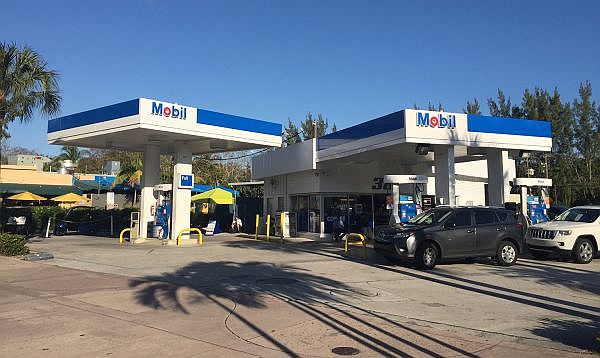From oil majors to trading companies to pipeline operators, U.S. companies are jumping at the chance to supply a newly free Mexico fuel market.
After years of preparation, Mexico finished liberalizing prices for gasoline and diesel across the country. Foreign companies were allowed to start moving fuels in April last year, but now consumers’ costs will be more closely aligned with the ebbs and flows of the open market. As fuel specifications and prices align, U.S. companies are working to make transportation to Mexico seamless.
On the U.S. border with Mexico, trucks and trains scurry southward from Texas refineries to fuel distribution terminals south of the Rio Grande. An increasing number of foreign firms, including Koch Supply & Trading Mexico, or KMEX, plan to invest in ports terminals, fuel storage facilities and other logistics infrastructure in order to compete with state-owned Petroleos Mexicanos, the primary fuel vendor and distributor in the country.
“The transparency and market-based pricing associated with the regulatory reform, which goes into effect today, is helping KMEX to execute their business development plans in the country,” said Eduardo Andrade, a distillates trader for Koch.
Last Thursday, Mexico’s energy regulator announced the end of government-set fuel prices in the remaining central and southern regions where price caps were still being applied.
Chevron Corp, Exxon Mobil Corp, Royal Dutch Shell Plc and BP Plc are among the international companies investing in service stations in Mexico and are now seeking to import fuel.
Chevron plans to import fuel into Mexico from California, where it has two refineries, once the infrastructure is available, Jose Parra, head of the company’s Mexico fuel operations, said Thursday in Mexico City. Chevron plans to open 350 gas stations in Mexico in two to three years, while Exxon Mobil will inaugurate its first gas station in Mexico on December 6, according to an emailed statement.
Source: http://www.chron.com/

